In This Issue
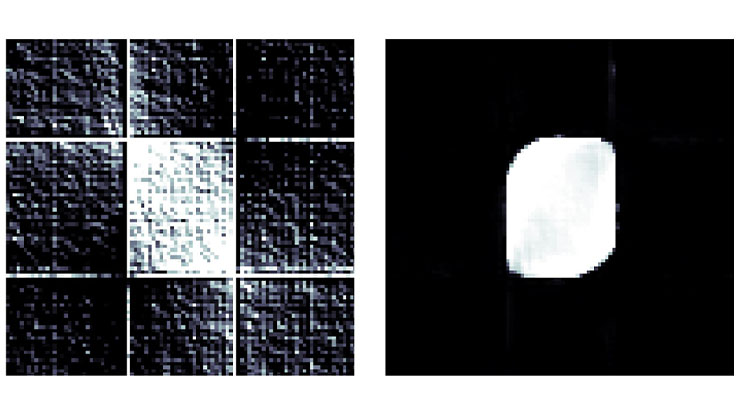
Inverse problems are growing in influence, leading to associated questions of reliability and trustworthiness for learning algorithms.
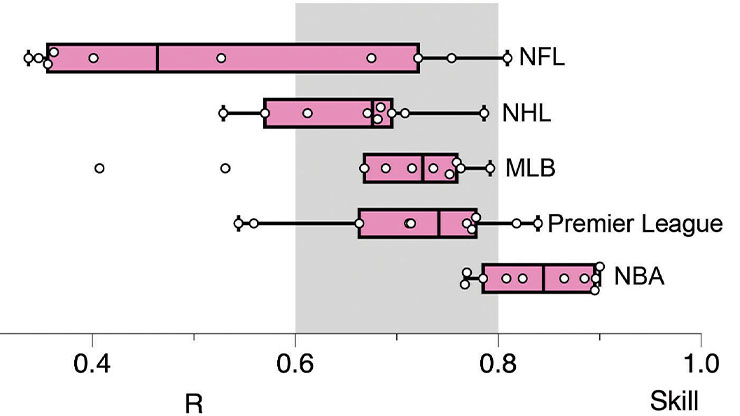
The persistence of skill can serve as a metric for the placement of athletic competitions on the skill-luck spectrum.
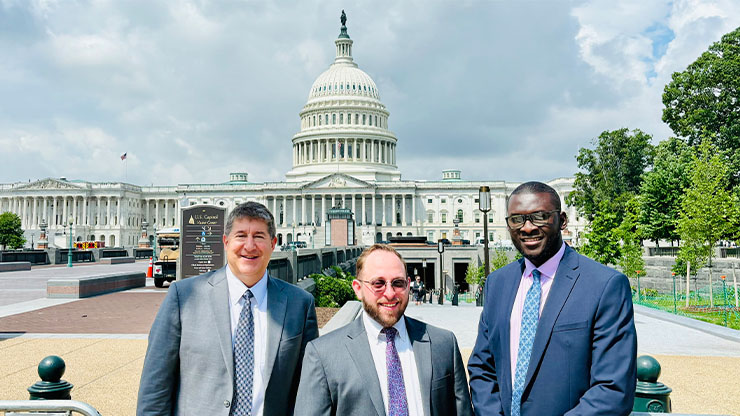
The SIAM Science Policy Fellowship Program offers an invaluable opportunity to influence key decisions in U.S. federal policy.
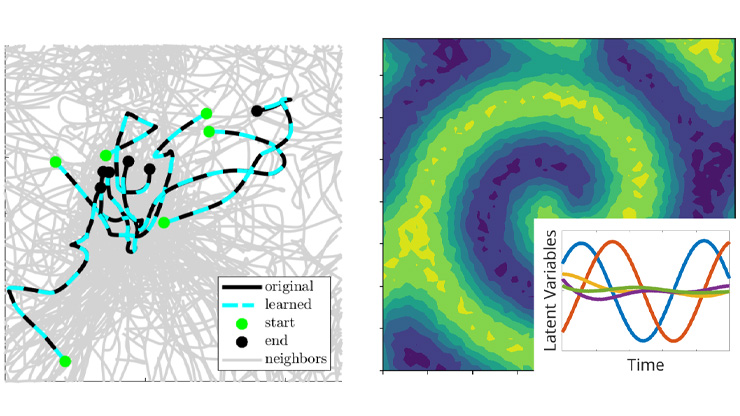
With a data-driven topology, the weak form can offer surprising noise robustness, accuracy, and computational efficiency.
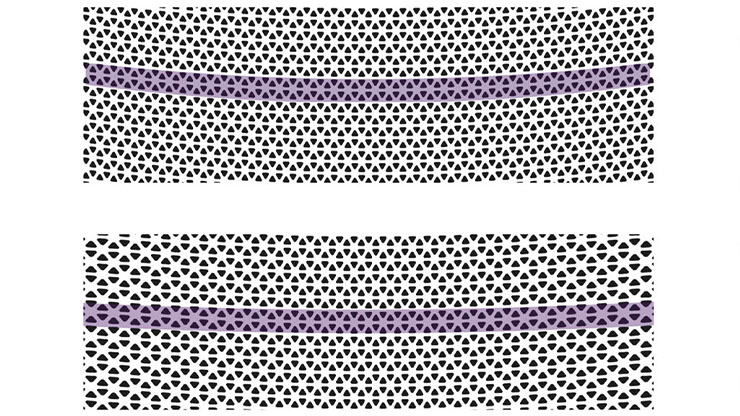
One can engineer a nonmagnetic photonic crystal in which photons of light move much like electrons under the influence of a magnetic field.
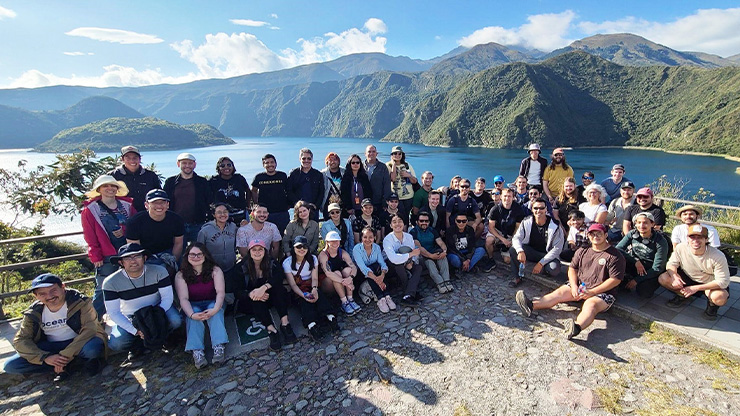
50 graduate students from around the world converged in Quito, Ecuador, for the 2024 Gene Golub SIAM Summer School.
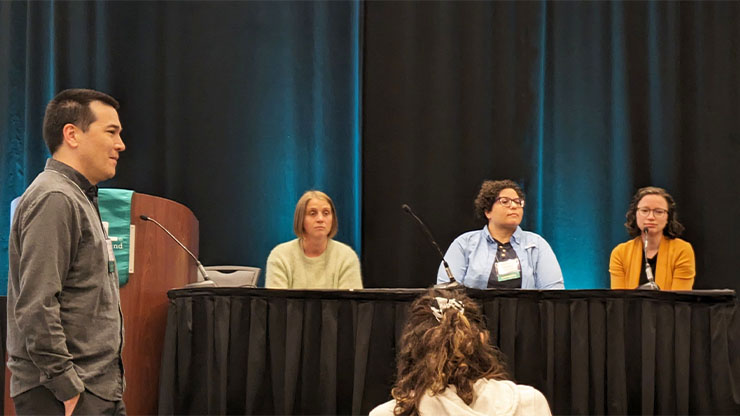
A multitude of jobs in academia, industry, and the national labs apply mathematical methods to environmental research.
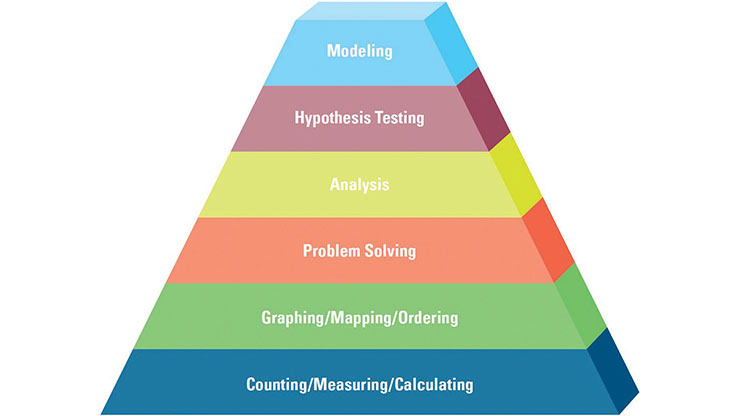
John Jungck reviews "Teaching with AI: A Practical Guide to a New Era of Human Learning" by José Antonio Bowen and C. Edward Watson.
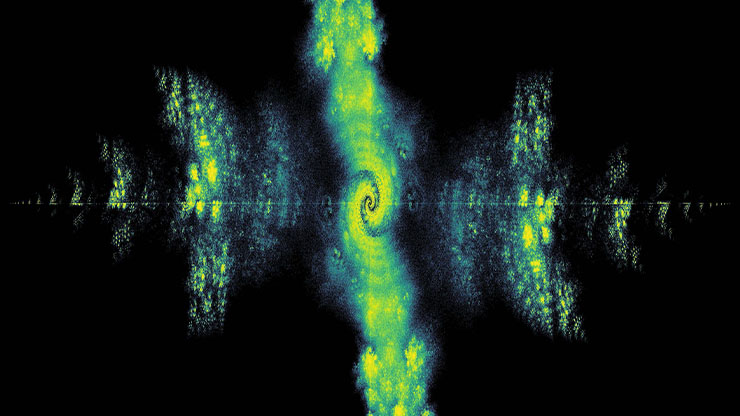
From the SIAM Bookshelf
Understanding Jupyter as a Valuable Student Resource for Computational Discovery
"Computational Discovery on Jupyter" uses Python to expose students to mathematical ideas outside of the standard curriculum.
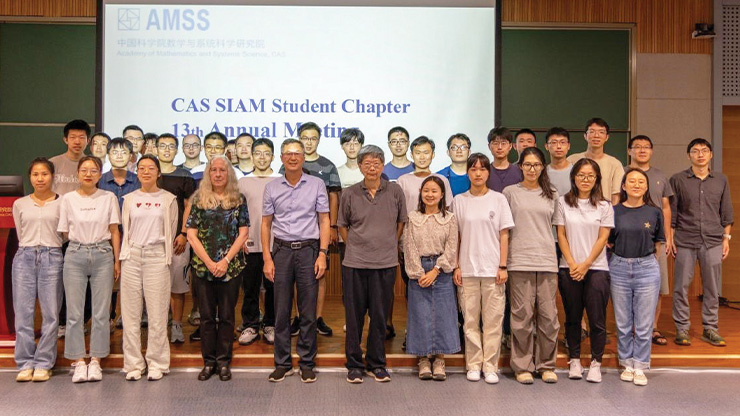
The meeting of the Chinese Academy of Sciences SIAM Student Chapter explored computational mathematics and its real-world applications.
Stay Up-to-Date with Email Alerts
Sign up for our monthly newsletter and emails about other topics of your choosing.


